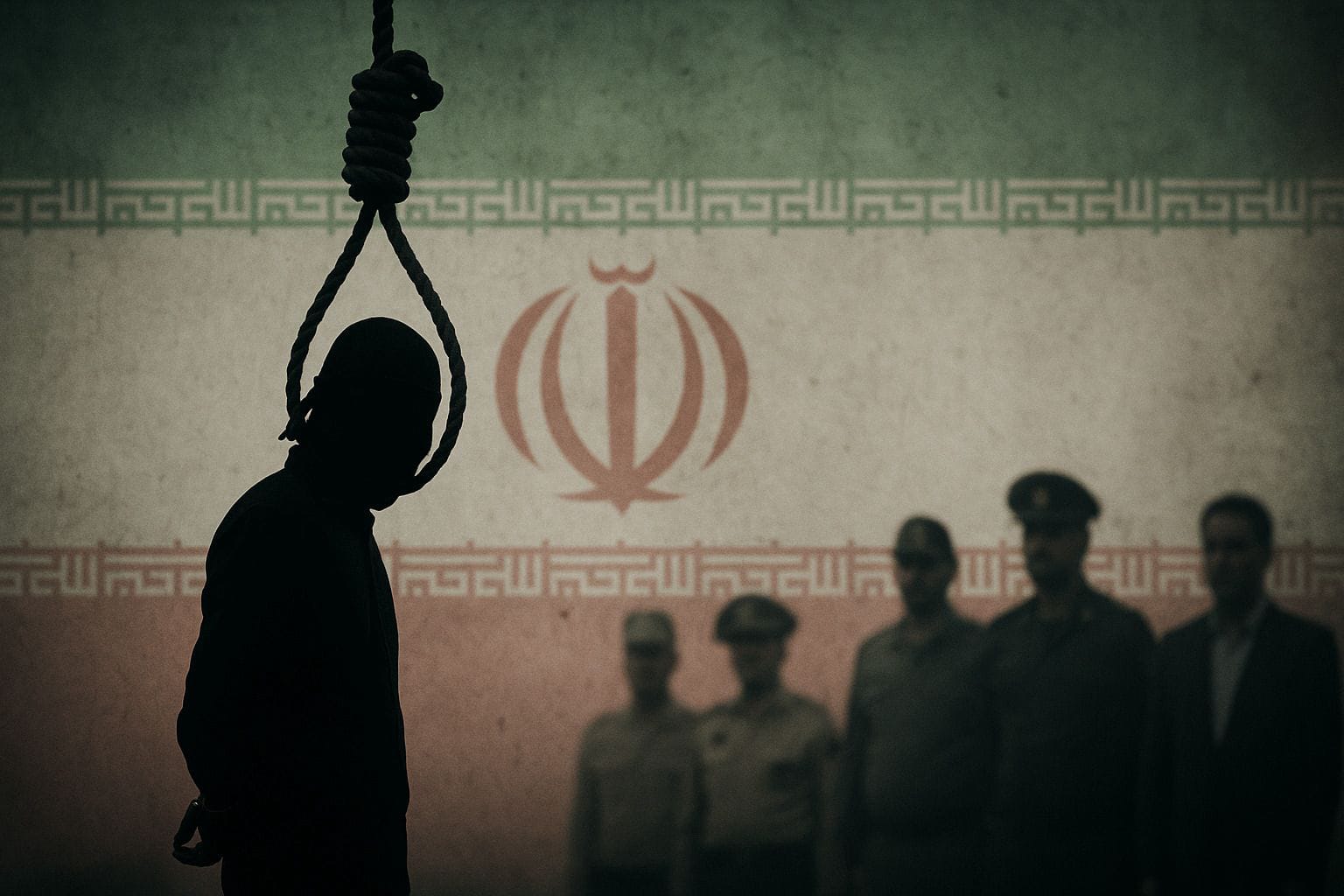Iran Executes 4th Alleged Mossad Agent This Year as Spy Crackdown Intens - JFeed

As tensions between Iran and Israel continue to escalate, Iranian authorities carried out yet another execution of an alleged Israeli spy, bringing the total to four confirmed hangings in 2025 alone. Early Monday morning, Majid Mosayebi was executed by hanging after Iran’s Supreme Court upheld his conviction for allegedly supplying sensitive intelligence to Israel’s Mossad intelligence agency.
Mosayebi's death was reported by Iran’s judiciary via its Mizan Online website, which stated that he had undergone "the full process of criminal procedure" before being sentenced. Officials claimed he had attempted to deliver classified material to Israel and accused him of endangering national security, charges routinely levied against those suspected of espionage in the Islamic Republic.
The execution comes as the conflict between Israel and Iran enters its tenth consecutive day, marked by Israeli airstrikes on Iranian nuclear sites and aggressive rhetoric exchanged between the two regional powers. Iranian authorities appear to be intensifying internal purges of suspected foreign agents in response.
Subscribe to our newsletterMosayebi is the latest in a growing list of individuals executed on similar charges. Just one week earlier, authorities hanged 30-year-old Esmaeil Fekri, who had been accused of contact with Mossad agents and attempting to pass along classified intelligence. His trial reportedly lasted only ten minutes, drawing strong condemnation from international human rights monitors.
In May, Iran executed Pedram Madani, arrested in 2020 for allegedly spying on key Iranian military sites for Israel. In April, the Islamic Revolutionary Guard Corps (IRGC) hanged Mohsen Langarneshin, accused of involvement in the 2022 assassination of IRGC Colonel Sayyad Khodaei.
Rights organizations continue to voice alarm over these executions. Iran Human Rights warned that at least nine more individuals are currently on death row under similar espionage allegations. The organization also reiterated concerns about systemic abuse, noting that forced confessions, often broadcast on state television, are routinely used to justify harsh sentences and eliminate political opposition.
Since 1979, the Iranian regime has faced growing scrutiny for its treatment of political prisoners, many of whom report enduring torture, psychological abuse, and fabricated trials. The recent string of executions is viewed as part of a broader strategy to suppress dissent and signal internal strength amid ongoing regional military escalation.